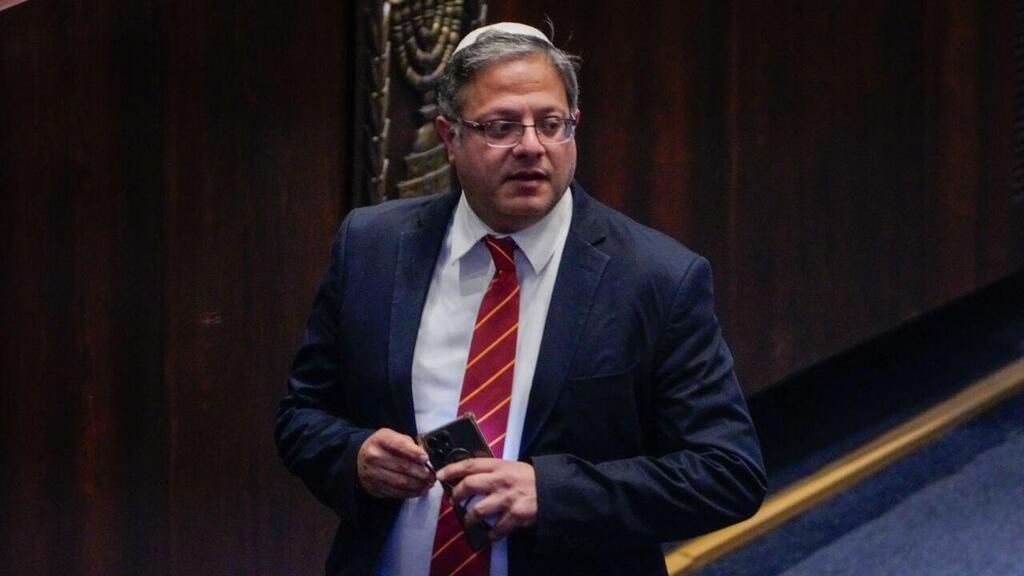Getting your Trinity Audio player ready...
National Security Minister, Itamar Ben-Gvir, is scheduled to embark on an unofficial visit to the United States following the Passover holiday. Representing his Otzma Yehudit party, Ben Gvir plans to engage with officials from the Department of Homeland Security and meet members of the Jewish community. Although the Trump administration did not extend an official invitation, it has approved his visit.
This development marks a significant shift in U.S. policy toward Ben-Gvir. Under President Joe Biden's administration, Ben-Gvir faced diplomatic isolation due to his past association with the outlawed Kach movement, designated as a terrorist organization. In late 2024, the U.S. condemned Ben-Gvir's visit to the grave of Kach founder Rabbi Meir Kahane, stating: "Celebrating the legacy of a terrorist and a terrorist organization is abhorrent. We strongly condemn any attempt to glorify acts of terror."
The Trump administration's decision to approve Ben Gvir's visit appears to be part of a broader strategy to maintain open channels with Israeli officials, aiming not to hinder potential future agreements, such as hostage deals or normalization accords with Saudi Arabia.
About three years ago, the U.S. removed from its list of foreign terrorist organizations the far-right organization Kach, which Kahane led until his murder in 1990. The movement, as well as Kahana Chai, which was established after Kahane's murder, were outlawed in Israel following the attack carried out by party member Baruch Goldstein at the Cave of the Patriarchs in 1994. The organization has been considered "dormant" since 2005, but in 2019, Yedioth Ahronoth published an investigation into the way in which former members of the Kach movement continue to operate including Ben Gvir.
Get the Ynetnews app on your smartphone: Google Play: https://bit.ly/4eJ37pE | Apple App Store: https://bit.ly/3ZL7iNv
Following the 2022 elections, discussions within the U.S. considered barring Ben-Gvir from entering, especially if he sought a visa as a government minister. While he last visited the U.S. in 1988 for a family trip, he claims not to have applied for a visa renewal since. Given his prior conviction for supporting terrorism, a visa application might have faced rejection. The Biden administration even contemplated imposing sanctions on Ben-Gvir, though these measures ultimately were not implemented.



